Presentations
This session explores the notion of deeper learning and how to design rich learning experiences for all learners. It unpacks researched data on the design of deep, rich, impactful learning within the everyday rhythms of the classroom, as well as providing a workflow to create a shared language of learning that empowers teaching teams to flourish.

Imagine if you could save 30 hours of planning per year with one small tool? Imagine if you could help your colleagues to really understand the challenges that EAL & SEN students face?

In this presentation, I would like to share some of our STEAM projects in both elementary and middle schools to indicate how we integrate the STEAM education across the curriculum with the applicable transdisciplinary themes and create opportunities for our students to deliver innovative student-driven outcomes.

This presentation will highlight the design and implementation of a systematic computational thinking (CT) parent education program reaching thousands of primary school students’ families.

This highly interactive workshop will incorporate practical strategies to promote creativity with students when learning mathematics. Participants will be immersed in a social constructivist environment and walk away with resources to help their students to see the beauty of mathematics.

An Arduino board has a great potential: using the boards as relatively inexpensive tool to teach STEAM in classroom contexts, as well as an ideal measuring tool to perform engaging experiments with the smartphone.

This seminar will present some tips and ideas on how to assess students’ self-learning ability, how to engage students in lesson tasks, as well as how to create a meaningful and authentic learning experience for them.

Tired of being controlled by your phone? Constantly pestered by your email? If you would like to pursue an intentional and healthy relationship with technology, both in the workplace and in your personal life, this is the session for you.

Philly Free School is one of a small number of schools that really puts the power in the hands of students. At Philly free school students have as much say as the adults in not just what they learn, but how they learn.



